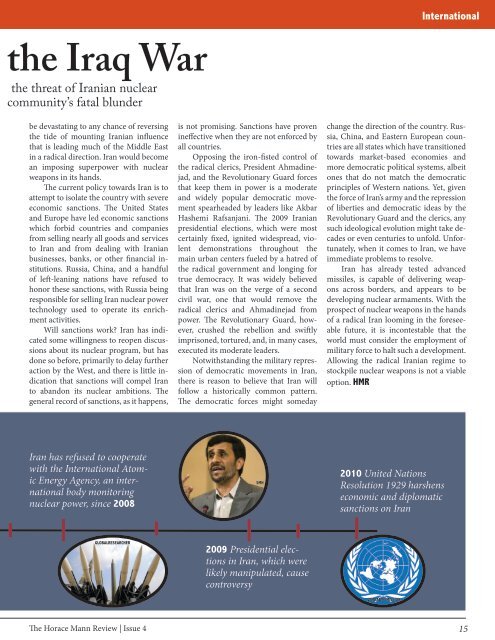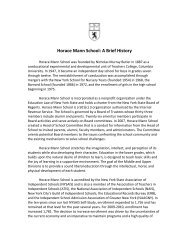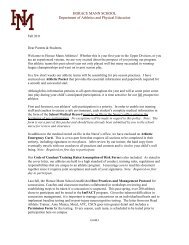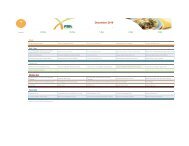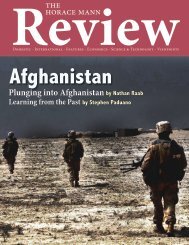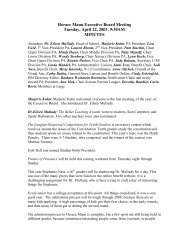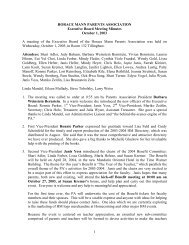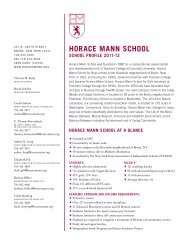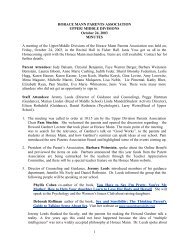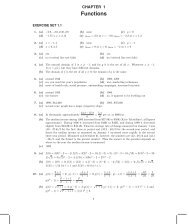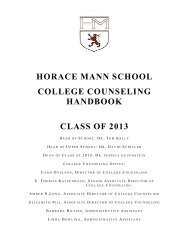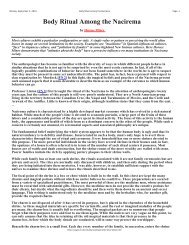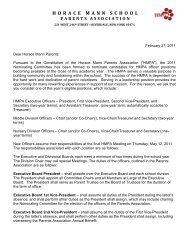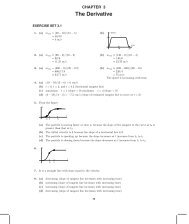Create successful ePaper yourself
Turn your PDF publications into a flip-book with our unique Google optimized e-Paper software.
International<br />
the Iraq War<br />
the threat of Iranian nuclear<br />
community’s fatal blunder<br />
be devastating to any chance of reversing<br />
the tide of mounting Iranian influence<br />
that is leading much of the Middle East<br />
in a radical direction. Iran would become<br />
an imposing superpower with nuclear<br />
weapons in its hands.<br />
The current policy towards Iran is to<br />
attempt to isolate the country with severe<br />
economic sanctions. The United States<br />
and Europe have led economic sanctions<br />
which forbid countries and companies<br />
from selling nearly all goods and services<br />
to Iran and from dealing with Iranian<br />
businesses, banks, or other financial institutions.<br />
Russia, China, and a handful<br />
of left-leaning nations have refused to<br />
honor these sanctions, with Russia being<br />
responsible for selling Iran nuclear power<br />
technology used to operate its enrichment<br />
activities.<br />
Will sanctions work? Iran has indicated<br />
some willingness to reopen discussions<br />
about its nuclear program, but has<br />
done so before, primarily to delay further<br />
action by the West, and there is little indication<br />
that sanctions will compel Iran<br />
to abandon its nuclear ambitions. The<br />
general record of sanctions, as it happens,<br />
is not promising. Sanctions have proven<br />
ineffective when they are not enforced by<br />
all countries.<br />
Opposing the iron-fisted control of<br />
the radical clerics, President Ahmadinejad,<br />
and the Revolutionary Guard forces<br />
that keep them in power is a moderate<br />
and widely popular democratic movement<br />
spearheaded by leaders like Akbar<br />
Hashemi Rafsanjani. The 2009 Iranian<br />
presidential elections, which were most<br />
certainly fixed, ignited widespread, violent<br />
demonstrations throughout the<br />
main urban centers fueled by a hatred of<br />
the radical government and longing for<br />
true democracy. It was widely believed<br />
that Iran was on the verge of a second<br />
civil war, one that would remove the<br />
radical clerics and Ahmadinejad from<br />
power. The Revolutionary Guard, however,<br />
crushed the rebellion and swiftly<br />
imprisoned, tortured, and, in many cases,<br />
executed its moderate leaders.<br />
Notwithstanding the military repression<br />
of democratic movements in Iran,<br />
there is reason to believe that Iran will<br />
follow a historically common pattern.<br />
The democratic forces might someday<br />
change the direction of the country. Russia,<br />
China, and Eastern European countries<br />
are all states which have transitioned<br />
towards market-based economies and<br />
more democratic political systems, albeit<br />
ones that do not match the democratic<br />
principles of Western nations. Yet, given<br />
the force of Iran’s army and the repression<br />
of liberties and democratic ideas by the<br />
Revolutionary Guard and the clerics, any<br />
such ideological evolution might take decades<br />
or even centuries to unfold. Unfortunately,<br />
when it comes to Iran, we have<br />
immediate problems to resolve.<br />
Iran has already tested advanced<br />
missiles, is capable of delivering weapons<br />
across borders, and appears to be<br />
developing nuclear armaments. With the<br />
prospect of nuclear weapons in the hands<br />
of a radical Iran looming in the foreseeable<br />
future, it is incontestable that the<br />
world must consider the employment of<br />
military force to halt such a development.<br />
Allowing the radical Iranian regime to<br />
stockpile nuclear weapons is not a viable<br />
option. HMR<br />
Iran has refused to cooperate<br />
with the International Atomic<br />
Energy Agency, an international<br />
body monitoring<br />
nuclear power, since 2008<br />
smh<br />
2010 United Nations<br />
Resolution 1929 harshens<br />
economic and diplomatic<br />
sanctions on Iran<br />
globalresearcher<br />
2009 Presidential elections<br />
in Iran, which were<br />
likely manipulated, cause<br />
controversy<br />
zimbabwemission<br />
The <strong>Horace</strong> <strong>Mann</strong> Review | Issue 4 15


